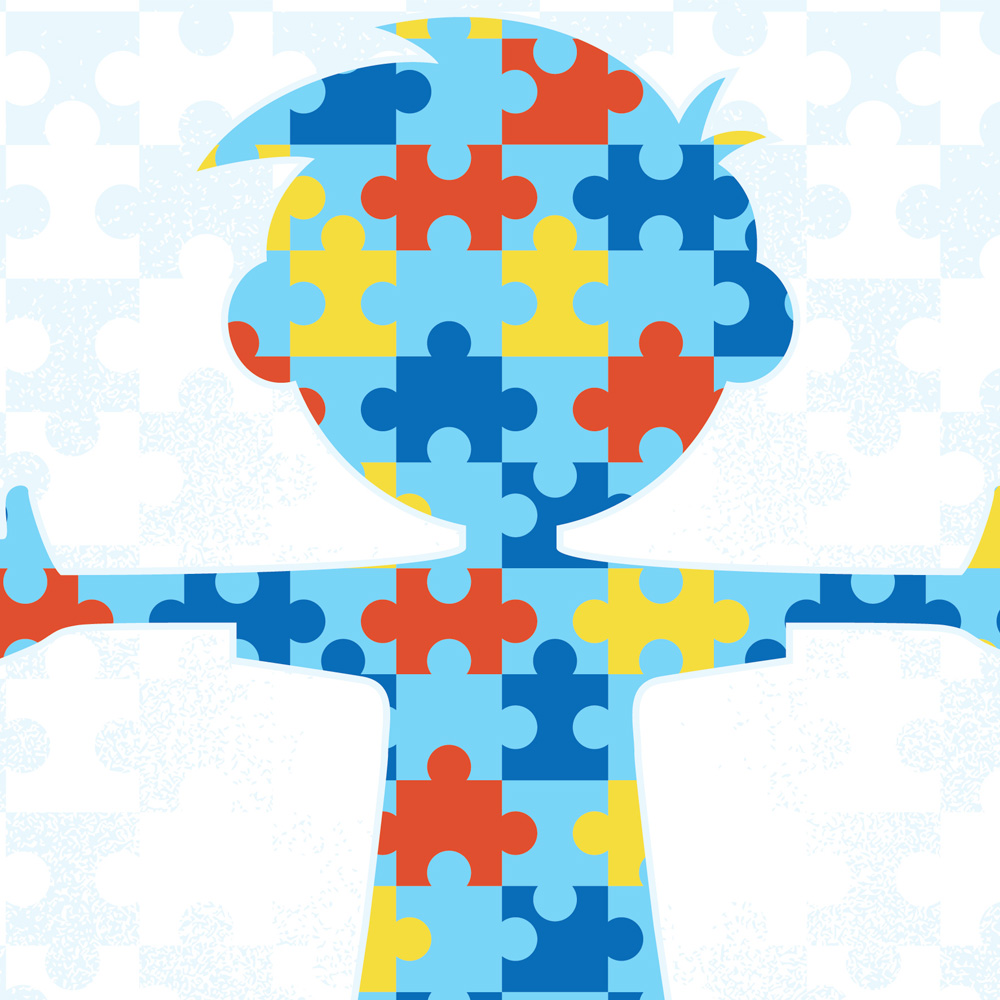Autism
Autism is a spectrum of disorders characterised by marked abnormalities in communication and social interactions. Two common consistent findings are associated in children with this disorder are diminished oxygenation in specific areas of the brain and a chronic immunologically mediated inflammatory condition in the gut.
Current investigative therapies for autism attempt to reverse these abnormalities through administration of antibiotics, anti‐inflammatory agents, and hyperbaric oxygen. Unfortunately, none of these approaches address the root causes of oxygen deprivation and intestinal inflammation.
The adult stem cells used to treat autism come from human umbilical cord tissue. Umbilical cords are donated by mothers after normal, healthy births. Before they are approved for treatment all umbilical cord-derived stem cells are screened for viruses and bacteria to International Blood Bank Standards.
Umbilical cord-derived stem cells are ideal for the treatment of autism because they allow our physicians to administer uniform doses and they do not require any stem cell collection from the patient, which for autistic children and their parents, can be an arduous process. Because they are collected right after (normal) birth, umbilical cord-derived cells are much more potent than their “older” counterparts like bone marrow-derived cells for instance. Cord tissue-derived mesenchymal stem cells pose no rejection risk because the body does not recognise them as foreign. Intravenous administration of umbilical cord MSCs has been shown in multiple clinical trials to decrease inflammation. Decreasing inflammation in the autistic patient may alleviate symptoms of autism.
Through administration of mesenchymal stem cells, we have observed improvement in patients.
Get in touch



